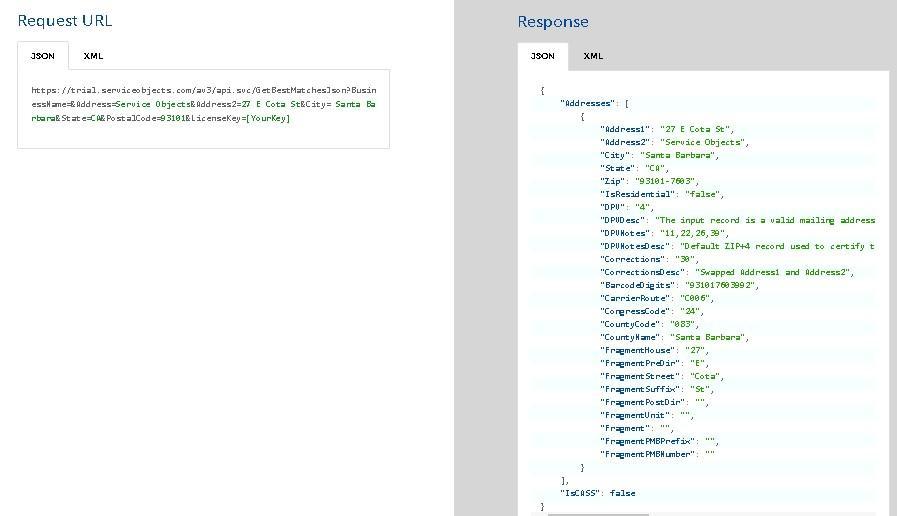The 2010s have been the decade of the fill-in-the-blank economy: for example, the gig economy (where people are increasingly contractors instead of employees), the sharing economy (where Uber and AirBnB put you in other people’s cars and homes), and even the hipster economy (don’t ask). Lately we can add a new one to the list: the API economy.
Many of you reading this already know what an API is – but just in case, it stands for Application Programming Interface. Its formal definition from Wikipedia is “a set of subroutine definitions, communication protocols, and tools for building software … a set of clearly defined methods of communication among various components.”
In plain English, APIs are interfaces linking your software and data to other people’s software and data. In this blog, we are going to look at why they have become so important – and more importantly, what they can do for you.
The impact of APIs
Why are APIs being seen as an economic phenomenon? Because they are dramatically changing the way software is being produced – and more importantly, how it is consumed.
First, APIs dramatically extend the reach and capabilities of your software environment. Here at Service Objects, for example, we can put the entire United States Post Office into the address entry fields of your marketing automation software to validate and complete addresses – or even fix ones that are horribly wrong. We can link your prospects or customers to US Census data for demographic analyses. We can tell you which email addresses in your contact list are known spam traps. And much more.
Second, APIs are fueling the next generation of inexpensive, cloud-based computing. Remember the days when implementing tools such as CRM and ERP required months of planning, and seemingly a cast of thousands? For many businesses, those days eventually gave way to easy-to-install browser-based applications with their own user interfaces. Today, the next step has often been towards “headless” capabilities: specific web services with no UI that can be easily plugged into your own business computing environment via APIs.
The other key benefit of APIs is that they are upgradeable component technology. At Service Objects, we are constantly adding new capabilities to our services, with no change in programming required from our users on the front end. This flexibility and ability to evolve quickly has changed the game for business applications today.
Putting APIs to work for you
Most Service Objects’ services are designed to plug in to your applications environment, including marketing and sales force automation platforms and CRMs. We also offer other options, ranging from batch list processing to a PC desktop app and done-for-you data cleaning services, but we are first and foremost an API company – and we devote a lot of our efforts to API resources and ease of integration, so you can seamlessly put these services to work in your platform.
This starts with an architecture that is designed API-first, beginning with our request and response interfaces. We support REST, SOAP, GET and POST requests over HTTP/S outputting in JSON and XML formats.
For example, here is a sample web URL request from our flagship DOTS Address Validation – US 3 service, together with the response fields returned in JSON.

API compatibility
Our API web services are compatible with all major programming languages, including Java, PHP, Ruby on Rails, C#, Python, and much more. To help developers integrate our services quickly, we have extensive documentation along with over 200 pieces of sample code to help with your integration. We are developers ourselves, and we live and breathe API integration. And we are always more than happy to help your implementation go smoothly or troubleshoot issues, with an industry-leading support team that is always on call.
Where we are headed
According to IBM, “’API Economy’ is a general term related to the use of ‘business APIs’ to positively affect the company.“ This is truly the rationale for the growth of APIs, particularly economic benefits such as lower development costs and greater capabilities. And at a deeper level, it speaks to how software capabilities are increasingly becoming component parts of streamlined platforms.
Nowadays the label “API Economy” is far from an overstatement, with the use of APIs growing more than 10,000% over the last decade. We are always working hard to stay ahead of the curve and bring more and more data quality capabilities that can be easily integrated into your business platforms.
To try out any of our 24 data validation APIs, visit our web site to request your free trial key.













